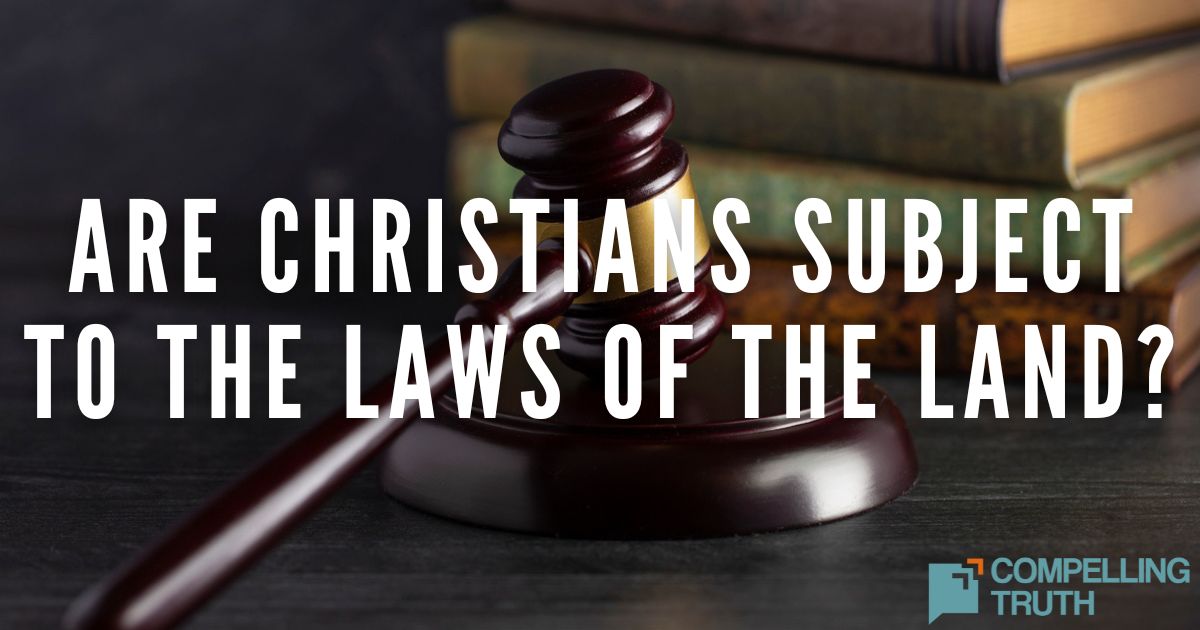Red Letter Christians describes itself as "a movement of believers who live out Jesus' counter-cultural teachings." It began in 2007 when founders Tony Campolo and Shane Claiborne gathered their influential friends to discuss their concern that the term "Evangelical" was being used to describe a voting bloc. There, they cast their vision for recapturing the term to mean a people who bring good news to the world. They chose the name Red Letter Christians to point to their primary commitment to following the words of Christ which in many Bibles are printed in red. Today, Red Letter Christians runs a blog, sends daily devotional emails, distributes a bimonthly newsletter email, hosts a radio show and podcast, and organizes an annual meeting for its network of speakers and authors.
Despite Red Letter Christians' claim of being apolitical, because its founding was in response to how the term "Evangelical" was being used in political circles, the organization has become inherently political. The group focuses on political policies affecting poverty, racial discrimination, foreign aid, public education, the death penalty, climate change, immigration, and military action. The organization hosts candidate forums and debates and prints voter guides based on their interpretation of how Jesus' Sermon on the Mount (and other "red letter" passages) should apply to government policies.
Unfortunately there are several problems associated with the Red Letter Christians movement. The first problem is the primary importance they place on Jesus' words. To concentrate solely on certain parts of the Bible to the exclusion of other parts and without placing those passages in the context of the Bible as a whole is imbalanced and leads to incomplete understanding of God's truth. Second Timothy 3:16 teaches that "All Scripture is breathed out by God." Jesus describes Himself as the fulfillment of Old Testament law (Matthew 5:17). Understanding the Old Testament is just as important as reading the New Testament. Paul's words are equally as relevant as Jesus' words. Perhaps, one could argue that Paul's words are more relevant considering his letters were written to instruct the early church in the practical outworking of Jesus' teaching. In any case, Christians should remember that "All Scripture is breathed out by God… for training in righteousness, that the man of God may be complete, equipped for every good work" (2 Timothy 3:16–17). So if we intend to do good works and live in righteousness, we should be devoting ourselves to the entire Word of God and understanding each passage of Scripture in the context of the Bible as a whole.
The second problem stems from Red Letter Christians' interpretation of Jesus' Sermon on the Mount (Matthew 5—7). During this sermon, Jesus points to our inability to live perfectly according to the law God laid out in the Old Testament and presents Himself as the fulfillment of that law and Savior from sin for all who believe in Him. His instructions were delivered to His followers in relation to their personal lives. They were not delivered to government officials to be enacted into national policy. In fact, Jesus clearly separated Himself from all political movements when He said, "My kingdom is not of this world" (John 18:36). To apply this particular sermon to government policy is to misunderstand Jesus' intention in preaching it. God did establish an earthly kingdom and did instruct His people how to govern when He set up the kingdom of Israel in the Old Testament. So perhaps one should read the Old Testament for clues on God's expectations of governments.
While Christians should endeavor to live out Jesus' teaching in all areas of our lives including loving God and loving our neighbors while in the voting booth, we need to handle God's Word honestly and in its entirety. It is true that Jesus was neither a Republican nor a Democrat and that our primary allegiance should be to God and His Word rather than to a political party. However, it is important that we remember to have a mindset in agreement with the Psalmist who wrote "LORD, your word is forever; it is firmly fixed in heaven… The entirety of your word is truth" (Psalm 119:89 and 160, CSB). May we reflect that same love for God's entire Word.
Despite Red Letter Christians' claim of being apolitical, because its founding was in response to how the term "Evangelical" was being used in political circles, the organization has become inherently political. The group focuses on political policies affecting poverty, racial discrimination, foreign aid, public education, the death penalty, climate change, immigration, and military action. The organization hosts candidate forums and debates and prints voter guides based on their interpretation of how Jesus' Sermon on the Mount (and other "red letter" passages) should apply to government policies.
Unfortunately there are several problems associated with the Red Letter Christians movement. The first problem is the primary importance they place on Jesus' words. To concentrate solely on certain parts of the Bible to the exclusion of other parts and without placing those passages in the context of the Bible as a whole is imbalanced and leads to incomplete understanding of God's truth. Second Timothy 3:16 teaches that "All Scripture is breathed out by God." Jesus describes Himself as the fulfillment of Old Testament law (Matthew 5:17). Understanding the Old Testament is just as important as reading the New Testament. Paul's words are equally as relevant as Jesus' words. Perhaps, one could argue that Paul's words are more relevant considering his letters were written to instruct the early church in the practical outworking of Jesus' teaching. In any case, Christians should remember that "All Scripture is breathed out by God… for training in righteousness, that the man of God may be complete, equipped for every good work" (2 Timothy 3:16–17). So if we intend to do good works and live in righteousness, we should be devoting ourselves to the entire Word of God and understanding each passage of Scripture in the context of the Bible as a whole.
The second problem stems from Red Letter Christians' interpretation of Jesus' Sermon on the Mount (Matthew 5—7). During this sermon, Jesus points to our inability to live perfectly according to the law God laid out in the Old Testament and presents Himself as the fulfillment of that law and Savior from sin for all who believe in Him. His instructions were delivered to His followers in relation to their personal lives. They were not delivered to government officials to be enacted into national policy. In fact, Jesus clearly separated Himself from all political movements when He said, "My kingdom is not of this world" (John 18:36). To apply this particular sermon to government policy is to misunderstand Jesus' intention in preaching it. God did establish an earthly kingdom and did instruct His people how to govern when He set up the kingdom of Israel in the Old Testament. So perhaps one should read the Old Testament for clues on God's expectations of governments.
While Christians should endeavor to live out Jesus' teaching in all areas of our lives including loving God and loving our neighbors while in the voting booth, we need to handle God's Word honestly and in its entirety. It is true that Jesus was neither a Republican nor a Democrat and that our primary allegiance should be to God and His Word rather than to a political party. However, it is important that we remember to have a mindset in agreement with the Psalmist who wrote "LORD, your word is forever; it is firmly fixed in heaven… The entirety of your word is truth" (Psalm 119:89 and 160, CSB). May we reflect that same love for God's entire Word.



